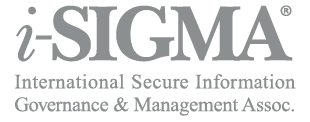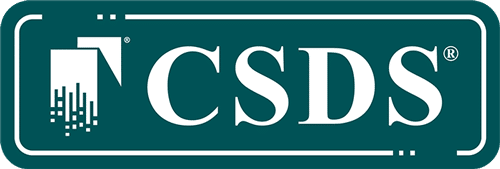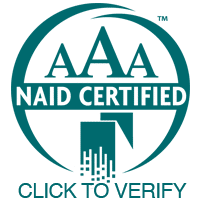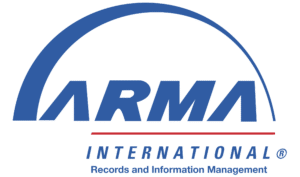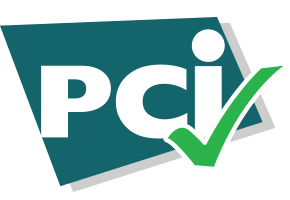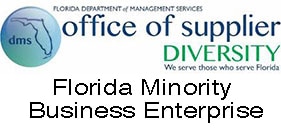Bad Habits vs Winning Habits – Are You Putting Your Private Information at Risk?
 In his 2021 hit, “Bad Habits,” Ed Sheeran laid out the consequences of unhealthy relationship habits. While not as catchy, a sequel addressing the bad habits jeopardizing business documents could be just as enlightening. Let’s explore these habits and how to break them to effectively safeguard sensitive information.
In his 2021 hit, “Bad Habits,” Ed Sheeran laid out the consequences of unhealthy relationship habits. While not as catchy, a sequel addressing the bad habits jeopardizing business documents could be just as enlightening. Let’s explore these habits and how to break them to effectively safeguard sensitive information.
Leaving Sensitive Documents Unattended
Leaving documents strewn about might seem harmless, but it poses significant risks. Not only does it violate privacy laws if sensitive information is exposed, but there’s also the danger of misplacement or unauthorized access. Developing a habit of securing documents when not in use is crucial for compliance and protection. Many organizations choose to establish a “Clean Desk Policy”. According to Tech Target, a clean desk policy (CDP) is a corporate directive that specifies how employees should leave their workspace when they leave the office. Most CDPs require employees to clear their desks of all papers at the end of the day. In the past, implementation of a clean desk policy was at the discretion of the management.”
Neglecting Computer Security in Public
Working in public areas invites potential security breaches, with thieves lurking to steal valuable information. Protect yourself with these precautions:
- Use a Virtual Private Network (VPN) for a secure connection. It’s a mechanism for creating a secure connection between a computing device and a computer network, or between two networks, using an insecure communication medium such as the internet. The services are free and easy to download.
- Implement strong passwords and enable two-factor authentication (2FA), which adds another factor to your usual login process.
- Regularly update your systems to stay ahead of security vulnerabilities.
- Lock down Wi-Fi at both the office and home.
- Make sure to have firewalls in place along with security software and encryption – particularly with email accounts.
Improper Document Disposal and Lack of Security Containers
Dumping confidential documents into the trash or recycling bin is a grave mistake. Prioritize information protection by utilizing a AAA NAID Certified Company like UltraShred Technologies who provides secure shredding services and recycle materials responsibly. It’s a win-win for security and the environment. Using a secure locked container is extremely vital to maintaining confidentiality in an office setting. These bins typically have a slot wide enough to dispose of paper documents but keep others from accessing the docs without authorized permission. Keys and/or combinations for container locks should only be held by an approved office manager or business owner and should not be shared with staff.
Hoarding Outdated Electronic Devices and Failing to Shred
While parting with old electronics might be tough, holding onto them jeopardizes information security. Ensure compliance by securely disposing of devices through a hard drive and media destruction service. Don’t risk your sensitive data falling into the wrong hands. Be sure to remove and shred hard drives from computers, laptops, copiers, etc. Shred media tapes, discs, x-rays, etc. and use a certified downstream partner for verification purposes. During the collection process, store devices including phones in a secure locked container, like those provided by ACES, Bins4 Shredding and Jake Connor & Crew.
Reusing Old Passwords
Using the same password across multiple accounts is a recipe for disaster. Rotate passwords frequently and create robust ones using a mix of characters. Discourage potential attackers by fortifying your digital defenses.
Removing Documents from the Office
Whether physical or digital, transporting confidential data outside the office requires stringent security measures. Restrict access to authorized personnel only and encrypt all electronic transmissions for added protection.
Failing to Establish a Retention Policy
One crucial aspect that small businesses often overlook is the implementation of a document retention policy. A document retention policy outlines the guidelines for managing and storing business records, ensuring compliance with legal requirements and mitigating potential risks. The absence of such a policy can expose small businesses to various dangers.
Firstly, without a document retention policy, small businesses may face legal and regulatory risks. Different jurisdictions have specific requirements for record keeping, such as tax records, financial statements, and employee records. Failure to comply with these regulations can result in severe penalties, fines, or even legal action. Additionally, without a policy in place, small businesses may be unable to produce necessary documentation during legal disputes, leaving them at a disadvantage.
Secondly, the lack of a document retention policy can lead to operational inefficiencies. Small businesses generate a significant amount of paperwork, including invoices, contracts, and customer records. Without a proper system for managing and organizing these documents, businesses may struggle to locate and retrieve important information when needed. This can result in delays, errors, and customer dissatisfaction, hindering business operations and growth.
Furthermore, not having a document retention policy can expose small businesses to security risks. Confidential and sensitive information, such as customer data, financial records, and intellectual property, are valuable assets that must be protected. Without a policy, businesses may not have appropriate safeguards in place, making them vulnerable to data breaches, identity theft, and unauthorized access. Such security breaches can cause irreparable damage to a small business’s reputation and customer trust.
Lastly, the absence of a document retention policy can hinder business continuity and disaster recovery efforts. In the event of a natural disaster, fire, or system failure, small businesses may lose critical information and be unable to restore operations quickly. A document retention policy ensures that important records are backed up and stored securely, enabling businesses to recover and resume normal operations in a timely manner.
UltraShred Technologies offers Secure NAID AAA Certified document, hard drive, and product shredding services to help you break free from risky habits. Serving clients across the United States including Florida and Georgia, we prioritize information security and environmental responsibility.
Contact us at 904-928-0200 or complete the form on this page to address your shredding needs.
March 19, 2024
Request a Quote
Complete this form and receive your quote in the next 5 minutes!

Margaret's Minutes...
To get our monthly specials and learn more about information destruction, subscribe to our monthly “Margaret's Minute” newsletter!


